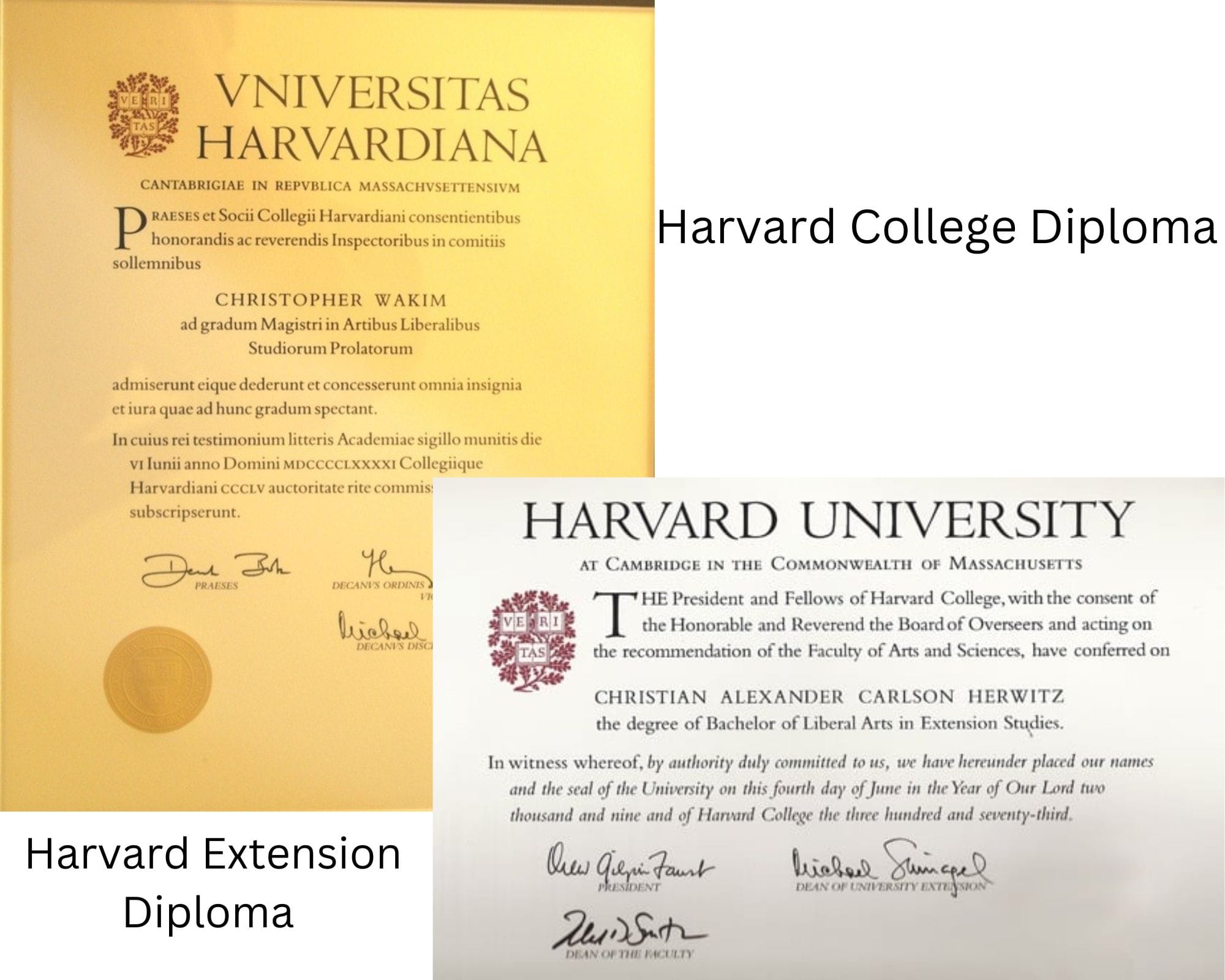As a high school teacher I have been asked to write recommendations for colleges dozens of times over the last seventeen years. Whenever I agree to make a recommendation I do so contingent on hearing the students thought process on what schools they are interested in pursuing.
Most of the time students have dreams that often exceed their reach - the number of students that thought they could get into the Ivy League despite a mediocre GPA is a testimony to the allure of a prestigious signal. I can't blame the kids for being captivated... I know I get hooked on alluring brand names also. My addiction is watches.
There is something about the design of watches that I find incredibly appealing. As I get older the issue of time resonates strongly with me; finding ways to be cognizant of the dwindling time and acknowledging milestones has become something that matters deeply to me.
The most popular of the Swiss watches is Rolex. Rolex, being a privately owned company, doesn't disclose its finances but their estimated nine billion dollars in annual revenue is higher than the 2nd through 6th most popular watches on the market.

The cost of associating with number one
To attain a Rolex you need to spend about triple what you would spend for a luxury watch considered to be the same level of quality. Prices will vary but if you could somehow get a Rolex Submariner at the MSRP you would be paying north of $10,000.00. The Tudor Black Bay 58, in comparison, will run just under $4000.00

This is assuming that you can walk into an authorized Rolex Dealership and buy the submariner. But unless you have bought several watches from the dealer before there will be a waiting list of several years before you can buy the watch at the retail price. With Tudor you can go right ahead and buy a watch with no wait list.
What adds insult to injury in this comparison is that Tudor is owned by... Rolex! The Tudor line was established to capture the middle income market that could not afford Rolex without sacrificing their brand. There are differences but the quintessential difference is the logo. In other words, you could get a Tudor and an Omega Seamaster (the watch worn by James Bond since the mid 90s) for the same price as a single Rolex Submariner!
Veblen Goods
Veblen goods are defined as goods that for which demand increases the price of the good precisely because of its value as a status symbol. Luxury goods, like Louis Vuitton, Apple and Rolex, are Veblen goods. Unlike commodities, like gasoline, where you don't really have "brand loyalty", you are essentially paying a steep premium for the name. The value of the good is not in the product itself but in the name attached to it.
Because Veblen goods are selling an signal, they have to be incredibly wary of anything that will tarnish their signal. Rolex has to be focused fundamentally on protecting its brand reputation. It can't be focused on maximizing its sales, generating new customers, making the best possible watch or driving innovation. Rolex's main mission is to preserve and protect the Rolex reputation at all cost. Quality and innovation take a distant second seat to preserving the status quo.
Rolex can't afford to make major changes as the top watch seller. If they make a change that the public loves they might, at best, increase their revenue by about 10%. But if they make changes that the watch buying public hates their revenue can drop precipitously more.
Our most prestigious universities operate under a similar model - major changes have far greater downside than upside for these institutions at the top of their respective food chains.
How this all applies to education
Harvard and Rolex occupy a similar level in their respective categories - both are considered to be the "best" of their brands by the general public. Both have incredibly reputations and both are very protective of their name and reputation. Most of the issues that schools have today with regard to grade inflation, administrators sanctioning professors who write opinions on controversial subjects, and fears of cancellation are ultimately found most prevalently at institutions that have the most to lose in terms of their reputation.
Generally speaking, the educational institutions that are considered to be "the best" are not likely to be the best in terms of trying to educate students well. If anything offering a good education is detrimental to their reputation because that is not what people seeking to purchase that degree care primarily about.
Just as Rolex has a "little brother" brand so too does Harvard. It is possible to get a degree from Harvard University for about a quarter the cost of Harvard college by enrolling at Harvard Extension School. You can take all the same classes as a Harvard College student, go out to the same bars as Harvard College students, essentially have most of the same experience, but at the end of the day your diploma would not read identically.
Lets imagine two people attending the same classes. Chris went and got his bachelors degree in English from Harvard college. Christian took the same classes and got the same educational experience. On the same graduation day Chris would get his AB in English from Harvard College while Christian got his Bachelors degree in liberal arts studies from Harvard Extension School.

When you are at the top of the proverbial heap the most important thing is to not fall down. This is why Rolex has made Tudor and why Harvard College has its Extension School - to enjoy the fruits of expanding access without sacrificing exclusivity.
Reputation is number one above all other values
When an organization offers exclusivity as its main virtue that organization has to be wary to anything that will upset the apple cart - including things like free speech.
The Foundation for Individual Rights and Expression (FIRE) is an organization dedicated to "defending and sustaining the individual rights of all Americans to free speech and free thought — the most essential qualities of liberty."
They rank schools by openness and accessibility to free speech. Their findings support my hypothesis that the schools with the greatest reputation are among the least tolerant of anything that will potentially upset their reputation - Harvard is ranked as the least dedicated to open inquiry and free speech. I think this is likely due to the fact that institutions like Harvard are more concerned about reputation damage than any other concern.
Veblen goods don't have to do a good job
Rolex does not do a good job of keeping accurate time. If your goal is for the hours and seconds shown on your wrist to accurately reflect international atomic time then don't buy a Rolex. You will be far better with a $10.00 Casio F-91W, the best selling mass produced watch of all time.

Or better yet, use your phone to tell the time since it is synced to the international atomic clock.
Similarly, if you want to transmit the most amount of information at the most efficient rate, YouTube is a phenomenal university! Most universities offer their courses for free on YouTube or other websites - you can literally get most of the content of a Harvard education for free with a combination of YouTube, an electronic textbook and the course syllabus.
But with luxury goods people do not particularly care about the purported main purpose of said item. I want my Rolex to work but if it isn't telling the time super precisely that's not a big deal. What matters is the feeling I get when I look at it on my wrist. And more importantly, the feeling other people get when they see it on my wrist!
Likewise with any prestigious brand - what it does is less important than how you perceive it makes other people feel that you are connected with it.
Where should students go?
If I get the impression that my student is primarily interested in college as a status object I try and gently nudge them to considering other factors beyond the prestige. Many of the students who are most status conscious will not even listen though - for whatever reason they cannot look beyond the allure of the brand name.
But for the students who seem to be seeking an education and a place to develop their intellectual gifts I often try and steer them towards institutions that are considered by the general public to be third tier institutions.
Why third place might be the best
In the Olympics the common understanding is that it is better to get the bronze than to get the silver medal. The silver medal winner is upset because they didn't get the gold. All of their focus is on figuring out how to beat the gold medal winner. The bronze medal winner, by contrast, is happy to have gotten a medal.
In other words, whomever has the second best reputation is hyper focused on overtaking the top competitor. There is probably an enormous amount of value in this tier but the company is focused on beating the number one instead of doing the best for the customers. You get to the top by focusing on what the number one does and trying to do it better.
The "third place" winners would be institutions that are committed to open inquiry, freedom of speech and intellectual exploration. They might not be able to boast about how many billionaires have graduated from their institutions or how many patents their faculty hold, but they are committed to offering rigorous education even at the cost of a slightly lower reputation.
I'm not trying to suggest that I am above the allure of Rolex or a Harvard degree. By all means if anyone reading this has a spare Rolex or Harvard degree they would like to give me please feel free!
I am not saying that it is bad to get a Rolex or to get a Harvard degree. A Rolex is a beautiful piece of mechanical art and engineering that will stand the test of time. Likewise Harvard can offer you the opportunity to learn from some of the best minds the world has ever seen.
But if the main motivation for acquiring either of those things is to make your parents proud, or to impress your classmates, or to hopefully look good at a job interview, then maybe the time and effort you spent to get those signals were completely and utterly wasted.
You can only do so many things well
Most people might say that they want the "best education" but what they actually want is the "best educational signal". That signal comes at a price - an increasing pressure to self censor or say anything that might affect the reputation of the institution.
I think part of this is the fact that many students are unclear about why they are going to college and so they focus on trying to get whatever the see other people wanting. This social proof becomes the goal instead of getting the education and the value that is presumed to be represented by the piece of paper that you get at the end of that journey.
I'm not saying that students should be discouraged from applying - but if the main reason that students are seeking to apply to particular universities is for the signaling effect I think those institutions will wind up being the most disappointing. Anecdotally I have seen with students who have come back to visit that the students who went to the top schools have most frequently been disappointed with their education experience at those institutions. Maybe it is because the reality of the school could never live up to the hype. Maybe it is because the sacrifices to get to the top were not worth the reward. Whatever the reason I think it is worth asking students if they really understand the cost of what they are aspiring to attain.
So when students ask me about college recommendations I start asking them about the kind of place they would see themselves in - what kind of weather do they want? How large of a class should their classes be? How much do they care about sports? If the students can answer those questions then I generally feel like they are making something close to a considered choice. If they tell me that they want to go to Brown but they can't answer those questions then I tend to suspect that their desire comes more from the name than anything the institution has to offer.
What if people figured this out? Would it change?
I think one small silver lining of the pandemic might be that students have seen just how little the prestige of a school matters during lockdown. I suspect that gen Z and beyond will be even more comfortable with going to online school and, if that is the case, then the collective allure of a prestigious degree will continue to lose some of its luster.
So while I am not entirely without some hope about this situation I think the human drive to be admired and our tendency towards mimetic desire means that we will continue to want to go to Harvard and buy Rolexes. We want to show off and feel special and these things just seem to do the trick for some people.
While there isn't much that we can do about this quirk of human behavior we can encourage students at the individual level to do their best to avoid overweighting the value of an institutions reputation over what the students should ideally be seeking; the most transformative education that they can get.
We do this by not fueling that dream. We do this by not listening to the student and parent who tries to nudge a 93 to be a 95 in order to get an A. We do this by letting kids know that there are things more worthy of their time and treasure. If we can collectively encourage kids to get good grades because they should put in effort to do well for the rewards of learning versus fear of not being granted access to an exclusive club we can chip away at the illusion of education as a status symbol and help focus education on what it can be; something that enriches their spirit and helps them give back to society in the way that is most nurturing to their life.



Member discussion: